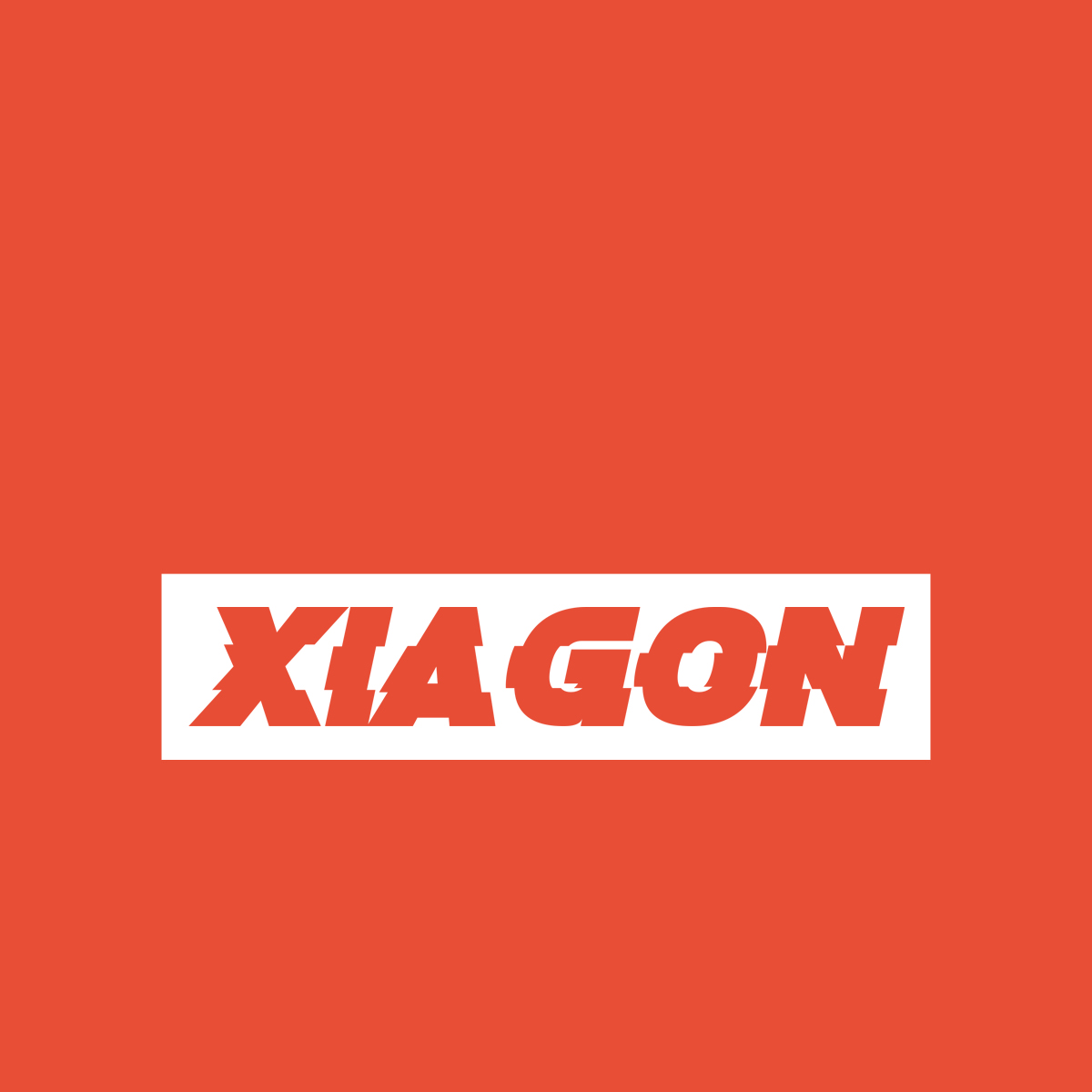
Anti-Slavery Policy and Statement

The Modern Slavery Act (MSA 2015) consolidates offences relating to trafficking and slavery.
On March 26, 2015, The Modern Slavery Act 2015 was passed into law in the United Kingdom. This law requires all business entities that carry on a business, or part of a business, in any part of the United Kingdom to prepare and publish a slavery and human trafficking statement for each financial year of the organization. The law also creates the obligation to report on steps taken during the financial year to ensure that slavery and human trafficking is not taking place in any part of its supply chain or in any part of its own business. Xiagons has business entities operating in the UK, therefore Xiagons abides by this law.
SCOPE
This policy applies to Xiagons’ global business operations. Employees whose responsibilities relate to the sourcing of parts, components, and materials are informed and are expected to assist our compliance with these requirements, associated legislation, and regulations. This policy is reviewed annually and changes are incorporated accordingly.
OUR COMMITMENT
We respect the environment, the communities in which we operate, and our employees’ human rights, and we oppose corruption. Therefore, we are committed to conducting our worldwide business operations in a manner that complies with applicable laws and regulations. We are also committed to taking steps to ensure that slavery and human trafficking is not taking place in any part of our supply chain or in any part of our business. This commitment is in alignment with our Human Rights and Sustainability Policy and our Ethics Policy which define how we abide by these principles and related global standards.
DEFINITIONS
As an early signatory of the United Nations Global Compact (UNGC), Johnson Controls supports the Compact’s Ten Principles which are based on The Universal Declaration of Human Rights. The UNGC specific Ten Principles are:
Support and respect the protection of internationally proclaimed human rights.
Ensure the company is not complicit in human rights abuses.
Uphold the freedom of association and the effective recognition of the right to collective bargaining.
Uphold the elimination of all forms of forced and compulsory labor.
Uphold the effective abolition of child labor.
Eliminate discrimination in employment and occupation.
Support a precautionary approach to environmental challenges.
Undertake initiatives to promote greater environmental responsibility.
Encourage the development and diffusion of environmentally friendly technologies.
10. Work against corruption in all its forms, including extortion and bribery.
Under the UNGC, Human rights are the same as labor rights; human trafficking and slavery assessments adopt UNGC assessment approach and definitions.
Supply Chain: Entities with which the enterprise has a direct or indirect business relationship and which either (a) supply products or services that contribute to the enterprise’s own products or services or (b) receive products or services from the enterprise.
Due Diligence: Due diligence in the context of human rights comprises an ongoing management process designed to support the organization in meeting its responsibility to human rights. A human rights due diligence process should include assessing actual and potential human rights impacts, integrating and acting upon the findings, tracking responses and communicating how impacts are addressed.
